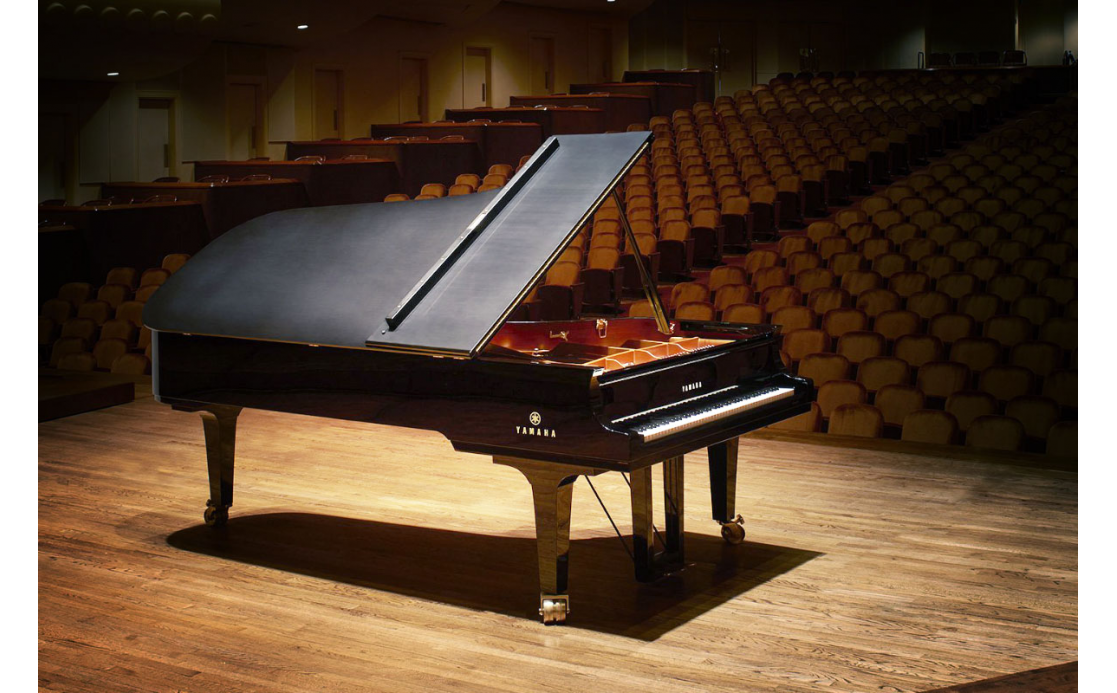How to Avoid Injury While Playing Piano

Piano playing is a beautiful and rewarding activity, but it can also be demanding on the body. The hands and fingers are constantly in motion, and the upper body, shoulders, and back are also involved in the playing process. This can lead to strain and overuse injuries if proper technique and body mechanics are not observed.
Piano playing is a beautiful and rewarding activity, but it can also be demanding on the body. The hands and fingers are constantly in motion, and the upper body, shoulders, and back are also involved in the playing process. This can lead to strain and overuse injuries if proper technique and body mechanics are not observed.
In this article, we will explore the physical demands of piano playing, the importance of proper technique and posture, the benefits of warming up and taking breaks, and the importance of investing in a quality piano and bench. We will also discuss seeking professional help in the case of injury. Nevertheless, piano playing can be a lifelong joy and passion with the right approach.
Physical Demands of Piano Playing
The hands and fingers are constantly in motion when playing the piano, leading to strain and overuse injuries if not approached correctly. The repetitive motions of pressing keys and moving the arms can cause tension and pain in the fingers, wrists, and forearms. Additionally, the seated position required for piano playing can lead to poor posture and neck, shoulder, and back tension.
The seated position can cause the shoulders to hunch forward and the spine to become misaligned, leading to muscle strain and tension headaches. The constant use of the hands and fingers can also lead to conditions such as carpal tunnel syndrome and tendinitis. It's essential to be aware of these potential risks and take steps to prevent injury while playing the piano.
Maintaining Proper Technique
Proper technique and posture are essential for preventing injury while playing the piano. The hands and fingers should be positioned correctly on the keys, with the wrists in a neutral position and the fingers curved. The upper body should be relaxed, with the shoulders down and the back straight. The piano bench should be adjusted to the correct height so that the thighs are parallel to the floor and the feet are flat on the ground.
Read: What Piano Should We Choose For Beginners?
Warming Up and Taking Breaks before playing piano
It is important to warm up before playing the piano, just like any other physical activity, including simple exercises such as finger stretches and scales. Regular breaks during practice sessions are also important to allow the body to rest and recover.
Investing in a Quality Piano and Bench
A quality piano and bench can also help to prevent injury. A well-maintained piano with good action, or the mechanism that makes the piano keys work, will be easier to play and put less strain on the fingers and wrists.
A properly adjusted bench is also important for maintaining proper posture and reducing the risk of back and neck pain. A bench that is too high or too low can cause the pianist to slouch, hunch forward, or tense the shoulders and neck. A bench that is the right height and adjusted to the pianist's body will allow them to sit with a straight back, shoulders relaxed, and arms comfortably positioned over the keys. This proper posture will help to reduce the risk of injury and improve overall playing technique.
Investing in a quality piano and bench can also improve the playing experience. A well-maintained piano will produce a more beautiful and satisfying sound, and a properly adjusted bench will make playing more comfortable and enjoyable.
Seeking Professional Help
Seeking professional help when experiencing pain or discomfort while playing the piano is crucial to preventing further injury and 0a full recovery. A qualified piano teacher can help to identify any technique or posture issues that may be causing the problem and guide how to correct them. They can also provide exercises and strategies to help improve overall playing technique and prevent future injuries.
Similarly, a physiotherapist can help identify and correct any physical issues contributing to the pain or discomfort. For example, they can provide exercises and stretches to help improve flexibility and strength and offer guidance on proper posture and body mechanics. In some cases, they may also use techniques such as massage or ultrasound to help alleviate pain and promote healing.
Rest and rehabilitation may also be necessary to recover from an injury fully. This may include taking a break from playing to allow the body to rest and heal, as well as following a structured rehabilitation program designed to help improve strength, flexibility, and overall playing technique.
It is important to note that seeking professional help as soon as possible is crucial for preventing further injury and ensuring a full recovery. Ignoring pain or discomfort while playing the piano can lead to chronic problems and make it more challenging to return to playing.
Read: Find The Ideal Place Online To Get The Best Piano In UAE
Additional Information:
If you want to buy piano in Dubai visit the Used Piano Dubai the best Piano store in Dubai. We have a variety of brands such as Ritmuller, Steiner, Roland, Kawai, Yamaha, etc. Buy Piano at a reasonable price. Also, get the best piano services by the high skilled piano professionals. Free delivery in UAE. Visit us today.
If you're searching for the best music classes in Dubai and dance classes in Dubai, Hip Hop Classes in Dubai, Come and join us at our music school and studio, where we provide exceptional training in performing arts.
